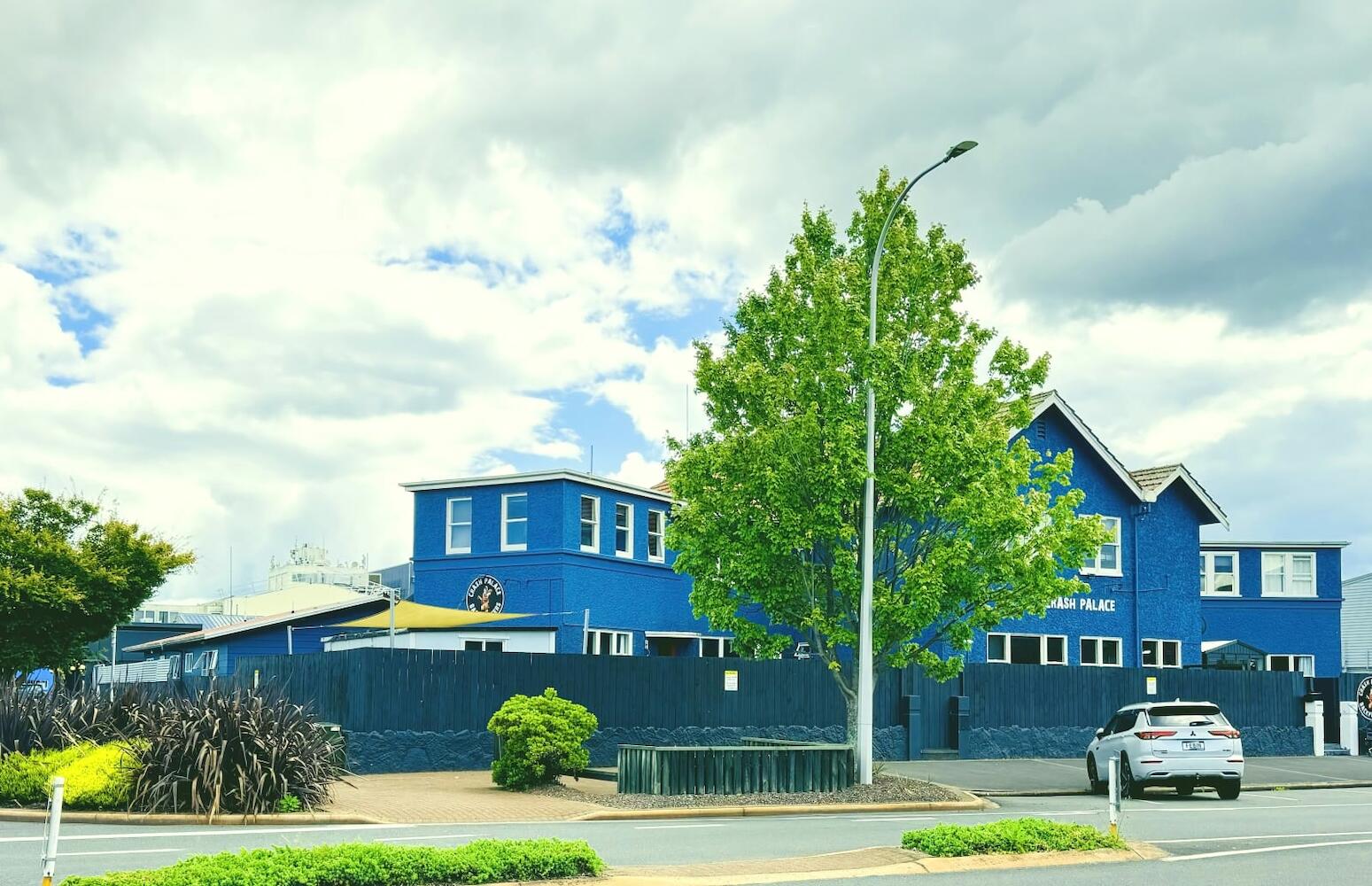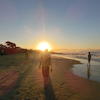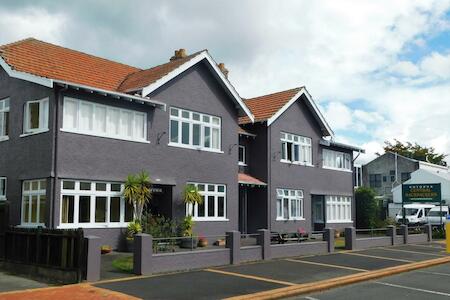Looking for budget stays in Rotorua? This section is designed to save you time, money, and unnecessary stress. We've got insider tips to help you find affordable hostels and the cheapest places to stay in Rotorua.

Rotorua, New Zealand, is a city located on the North Island of New Zealand. The city name was derived from Lake Rotorua, which is situated right next to it. The term “Rotorua” is Maori, and can be translated as “two lakes” whereas “roto” means lake and “rua” means two. By surface area, Lake Rotorua is the second-largest on the North Island and covers almost eighty square kilometres. The crater of a huge volcano in the well-known Taupo Volcanic Zone, a large volcanic area on the island, formed this scenic lake. However, the last big eruption occurred approximately two hundred forty thousand years ago. The lake and therefore the city of Rotorua are a very popular tourist destination. It is the biggest economic factor in the region and the industry has been growing year after year.
Many tourists visit the area for the geothermal areas. Geysers and bubbling mud pools are a major tourist attraction. One of the most famous sights is Te Puia, which is located nearby the city center and features sixty hectares of geothermal wonders. The world famous Pohutu Geyser is located in Te Puia and the New Zealand Māori Arts and Crafts Institute. Around thirty kilometres south of Rotorua, you can find the stunning Wai-O-Tapu, a Maori term for "sacred waters." The active geothermal area boasts numerous colourful hot springs. Another major attraction is the Lady Knox Geyser, which can produce a jet of water up to twenty metres high. If you want to get to know the Maori culture, visit the Maori village. Whakarewarewa is open all year long and shows you everything about the cultural traditions, handcrafts, and famous dances.
The inland climate in Rotorua is mild and precipitation is possible all year round. You can expect about one hundred seventeen days of rain a year. In summer, from December to February, the average daily maximum temperatures hover around twenty-three degrees Celsius. In spring and autumn, you can expect maximum temperatures from fifteen to twenty-one degrees Celsius.
The city of Rotorua is a tourist hub. Hence, you can find any sort of accommodation from top-notch hotels to campgrounds as well as inexpensive hostels in Rotorua, New Zealand. There are numerous hostels in Rotorua, New Zealand; most of the budget places are located right in the centre of the city. In summer, the place can be very busy, so it is recommendable to book your Rotorua, New Zealand hostel or accommodation in advance.
Written by Travel Expert Rotorua
 Flo
Flo

